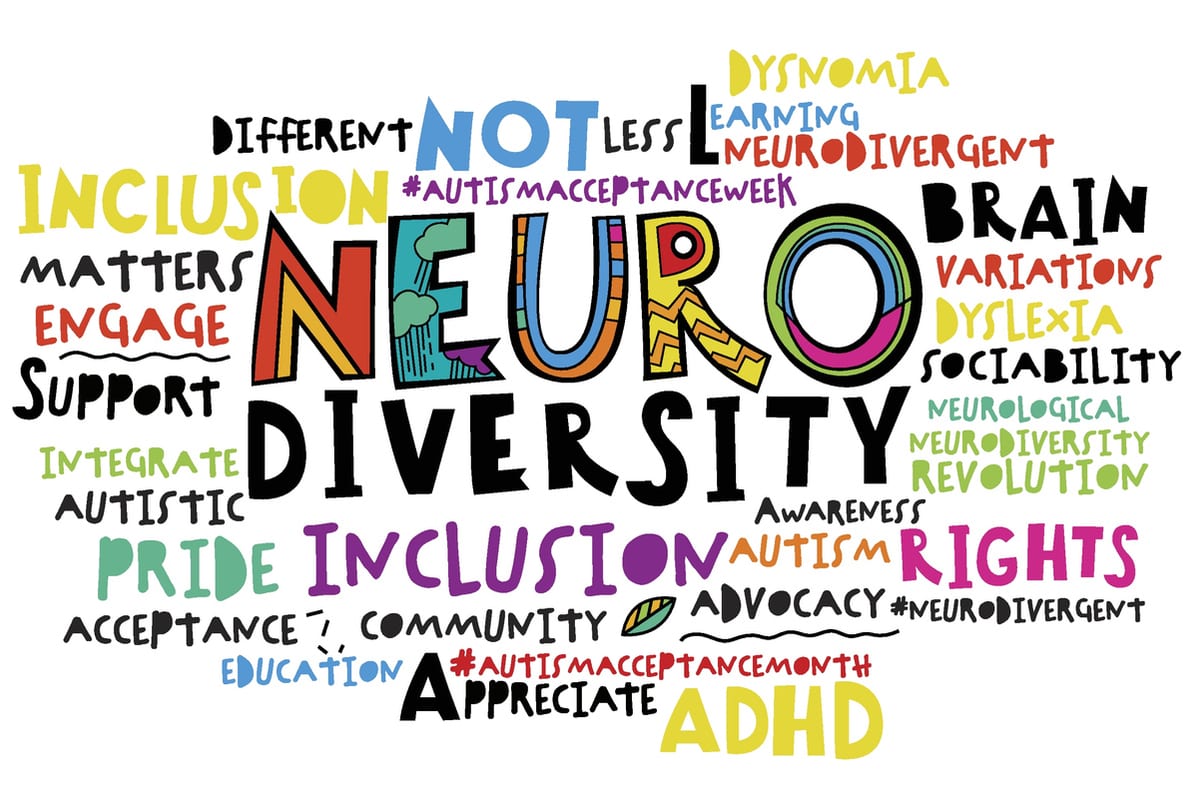Learning disability week - do you see me?

Learning disabilities are an umbrella term for a wide variety of learning problems. People with a learning disability tend to take longer to learn and may need support to develop new skills, understand complicated information and interact with other people.
There are a lot of people with learning disabilities, but only a minority of whom are supported by social services: most get by with little or no help.
What is a learning disability?
A learning disability is to do with the way someone's brain processes information. It makes it harder for them to learn new skills, understand, socialise or manage money. However, people with learning disabilities can be smart.
Learning disabilities are neurological differences that can affect how a person processes information and learns, but they do not define a person’s overall intelligence or potential.
Having a learning disability (neurodivergence) is a life-long condition and may present problems getting access to financial services, opening a bank account or changing a utility provider. Advice may be hard to get because they don't know how or where to look for help. They may have difficulties understanding the information that is available because it is too complex.
Learning disabilities are protected under the 1998 Human Rights Act and The Equality Act 2010 as “Protected Characteristics”.
Societal exclusion
Part of the disability is socially created, as society is organised for people who do not have learning disabilities (neurotypical). When people have difficulty articulating by speech, or cannot read or write, they can become labelled, which may be perceived over time as a term of abuse by someone with a learning disability.
The neurodivergent person may feel stigmatised and excluded, making it difficult for them to take part on equal terms with neurotypical people.
Learning disability is different to mental health problems
At Excel Civil Enforcement we know that learning disabilities are not mental health problems, although people with learning disabilities may experience mental health problems because of exposure to a range of risk factors that can have a serious impact on mental well-being.
At Excel Civil Enforcement, all customer service staff are qualified in taking control of goods and have had accredited training in vulnerability, mental health and dealing with customers with learning disabilities, giving Excel the most qualified team in the enforcement profession.
The support Excel provides
Excel recognises that a learning disability is linked to an overall cognitive impairment and as such customer facing staff are vigilant to signs of confusion or problems with speech articulation and adapt accordingly by giving them time to fully explain, speaking slowly and concisely, clarifying understanding and keeping terminology simple.
Understanding, active listening and empathy are essential components when dealing with people with learning disabilities whilst remaining respectful and patient.
It is important to remember that individuals with learning disabilities are unique individuals with their own strengths, capabilities and preferences. It is essential to treat them with respect, dignity, and understanding, just like any other person.



